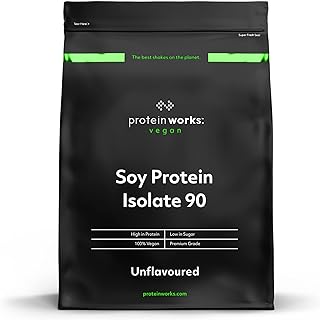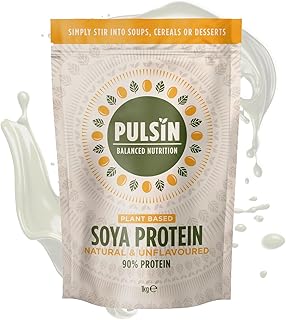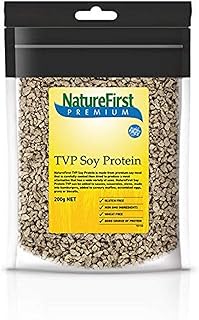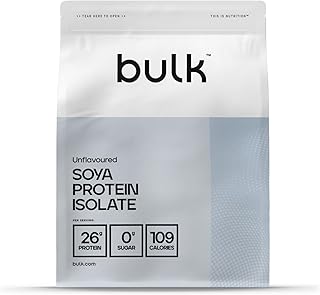Soy products, derived from soybeans, are known for their rich protein content and various nutrients like B vitamins, fiber, potassium, and magnesium. Despite its nutritional benefits, soy has often been a topic of debate due to misconceptions surrounding its phytoestrogen content. These compounds, known as isoflavones, can have different effects on estrogen levels in the body depending on an individual’s hormonal status.
Research suggests that isoflavones in soy may play a protective role in certain conditions like breast cancer, contrary to earlier concerns about soy’s estrogen-like properties. This shift in understanding has led major cancer centers to recommend increased soy consumption for individuals with breast cancer, indicating a potential health benefit associated with soy intake.
While soy products are generally well-tolerated by the general population, individuals with irritable bowel syndrome (IBS) may experience challenges due to the presence of galactans, a type of prebiotic found in soy. Galactans, classified as FODMAPs, can trigger symptoms in some people with IBS, necessitating careful consideration of soy consumption in their diet.
For individuals with IBS, following a low-FODMAP diet is a common strategy to manage symptoms. However, prolonged restriction of prebiotic FODMAPs may have negative consequences on gut health. Therefore, a gradual reintroduction of high-FODMAP foods, including soy, after an initial elimination phase is often recommended to strike a balance between symptom relief and maintaining a healthy gut microbiome.
When incorporating soy into the diet, choosing minimally processed soy foods like edamame, tofu, and miso is advisable. These whole-bean soy products offer a range of health benefits and are preferred over heavily processed soy-based meat alternatives. Additionally, opting for organic soy products can help avoid potential exposure to genetically modified organisms and harmful herbicides like glyphosate.
Experts emphasize the importance of making informed choices when selecting soy-based foods to maximize their nutritional value and minimize potential health risks. By understanding the complexities of soy’s impact on the body, individuals can make conscious decisions to support their overall well-being while managing conditions like IBS effectively.
📰 Related Articles
- Ultrasound’s Role in Detecting Breast Calcifications for Precise Diagnoses
- Study Shows MRI and Mammography Outperform Ultrasound for Breast Cancer Detection
- Study Reveals AKT Inhibitor Boosts Survival in Breast Cancer
- Miraculous Journey of Lucy Isaac: Sonographer’s Role in Ovarian Cancer Battle
- MR Elastography Predicts Breast Cancer Treatment Response and Survival






